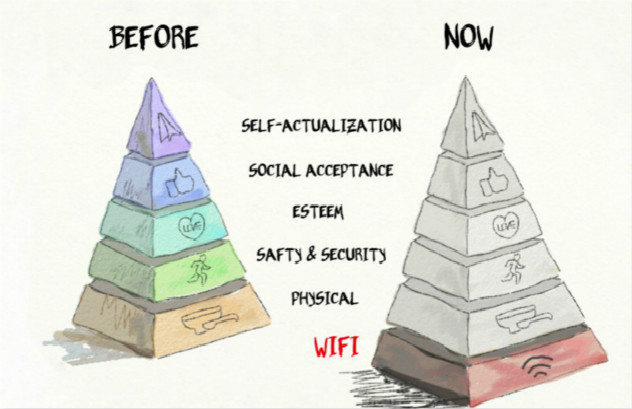Park's US visit carries hope
Several Chinese experts say the DPRK's nuclear tests and provocative actions have contributed to the "pivot to Asia" policy of the US, which is aimed at containing China. Kerry made it clear during his overseas visits that Washington's policy toward Pyongyang has shifted from strategic patience to strategic impatience. He said that any peaceful negotiation on the Peninsula will be based on the DPRK's denuclearization.
Faced with the threat of a missile attack from the DPRK, the US has moved part of its missile defense system to the Western Pacific, which according to China has added to the distrust in China-US strategic ties. So the DPRK's provocations are not only a threat to the ROK's security, but also an added strategic burden on China.
Park has said the DPRK should stop exploiting inter-Korean emotions to intensify the crisis on the Peninsula. And before embarking on her first overseas trip as ROK president, Park has proposed dialogue to resolve the nuclear issue.
The DPRK's nuclear threats have become more serious. But they can also be seen as its desperation to engage with international community. It is thus likely that apart from discussing mutual efforts to deal with the DPRK issue, the US and the ROK will also explore the possibility of strategic dialogue among Beijing, Washington and Seoul to defuse tensions on the Peninsula. They could also discuss the possibility of holding four-way talks if Pyongyang is willing to join them, which could lead to the resumption of the Six-Party Talks.
Later, Park is scheduled to visit China, and her visit will help China, the US and the ROK to intensify their cooperation to resolve the Peninsula crisis. In fact, if Beijing, Washington and Seoul make concerted efforts in line with their policies toward Pyongyang, then it would be difficult for the latter to take more provocative actions.
President Xi Jinping has supported Park's "Korean Peninsula trust process". And although China backed the UN sanctions on the DPRK, it has always emphasized that the Peninsula issue should be resolved through dialogue and consultations. Of course, China's policy of promoting peace and stability on the Peninsula is subject to the condition that the DPRK stop taking provocative actions and return to the negotiating table.
Park's diplomacy is based on the ROK people's aspiration to see a peaceful Peninsula, which will contribute to the shift in the policies of the US, China and the rest of the international community toward the DPRK. Let us hope that Park's visit to the US reduces tensions on the Korean Peninsula and helps build a peaceful cooperative network in Northeast Asia.
The author is a guest professor at the School of Finance, Renmin University of China.
(China Daily 05/06/2013 page9)



















